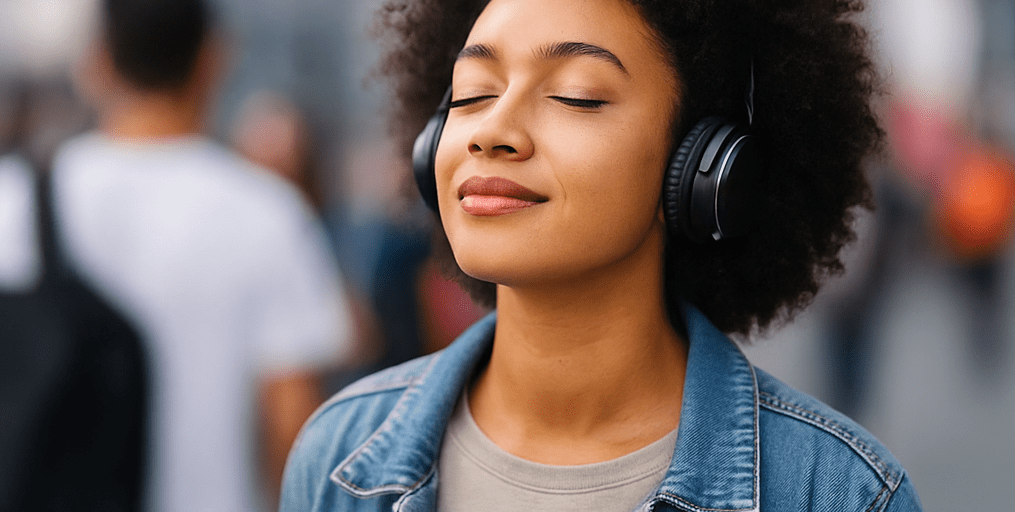Fresh data from Blackstar, Lemontank, and the BPI reveals what 18–25-year-olds really want from music in 2024
A new report titled Seeking Community: Gen Z’s True Relationship with Culture and Music Consumption explores how young people across the UK consume and connect with music. Commissioned by Blackstar and Lemontank in partnership with the BPI, the study goes beyond metrics by gathering voice notes and written responses from 500 UK-based 18–25-year-olds using the AI research platform Tellet.
The result is a qualitative deep dive into how Gen Z listens, discovers, and builds emotional relationships with music and artists.
Key Takeaways
Music is emotional infrastructure
“Music provides the soundtrack to almost everything this generation does… It is key to Gen Z’s identity and self-expression.” — Report excerpt
Music plays a central role in daily life. It’s used for motivation, comfort, concentration, and escape. It also functions as a gateway to cultural identity and social belonging: from K-pop to Celtic folk.
Mood over genre
Gen Z listens with intent, but not with strict genre loyalty. Their choices are led by mood, context, and personal resonance. They embrace both new music and nostalgic favourites, often driven by social influence or algorithmic discovery.
Constant, multi-channel discovery
Music discovery is non-stop. It happens via curated playlists, TikTok trends, video games, streaming services, TV shows, and peer recommendations. Gen Z listeners move seamlessly between platforms, often unaware of where they first heard a track.
Culture and upbringing shape taste
Heritage, family, and personal experience play a major role. Genres such as Afrobeats, Amapiano, Desi, and traditional Celtic music offer meaningful touch points. Many also cite UK household favourites including Adele, Oasis, or Bob Marley as early influences.
Playlist culture = Connection
While albums are still respected, playlists are central to how this generation interacts with music. They’re a tool for discovery, emotional expression, social collaboration and are often built and shared among friends.
Artist-fan relationships are shifting
Some listeners connect deeply with artists who are authentic and share their worldview. Others focus purely on individual songs. For many, it’s about whether the artist feels real, relatable, or relevant.
Live shows still matter
First concerts often leave a deep emotional impression, but cost and value are key considerations. Gen Z is selective and a live experience needs to offer more than performance alone. When done right, it strengthens loyalty and discovery.
What this means for the industry
BPI’s Leon Neville said: “At a time where British artists face an increasingly competitive global market, threats to music education and grassroots venues and other challenges, the report’s findings make clear that young people’s connections to music are as strong as ever.”





